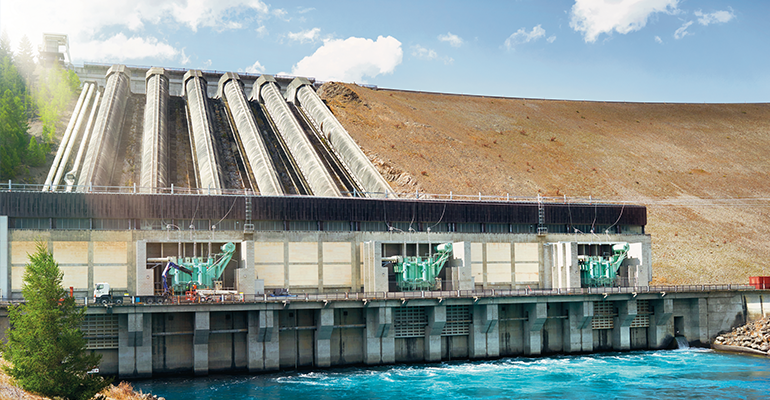- Impacts & Adaptation
Research Programme
- Anita Wreford
Lincoln University - View the full team
Project Lead
-
Budget
$267,200 -
Duration
March 2017-July 2020
-
Completed project
Making robust decisions about New Zealand’s water
Robust adaptation decision making under uncertainty: an application of real options analysis to decision making in the water sector
We all need water, but climate change has put the availability, supply and distribution of water under increasing pressure. Through drought, erratic rainfall, an expanding population and a growing economy, our access to water is at risk and we need to continue to adapt.

One possible solution to the problem is water storage. If water could be collected and stored in times of plenty, we’d have reliable access to the water we need in times of need. But it’s an expensive solution – water storage facilities are a significant investment, and it’s difficult to justify the immediate costs when the benefits may not be seen for several years. Given the inherent uncertainty in predicting climate change impacts, there’s significant scope for over- or under-investment. Too little, and we may run into significant water shortages. Too much, and we waste valuable resources that could be invested elsewhere.
At the time of this research, few large investment decisions in New Zealand considered the uncertainty of climate change in their decision-making process.
This project introduced a tool – Real Options Analysis (ROA) – to decisions being made about water storage in New Zealand. ROA incorporates ongoing learning into a cost-benefit analysis, placing explicit value on flexibility – making investment as efficient as possible and adaptable to a range of climate futures.
We tested the effectiveness of this decision-making process at an on-farm site in Canterbury, which was experiencing extreme pressure on its water resources.
The primary aim of this project was to apply ROA in a way that could be replicated all over the country. In this way, our research was of direct relevance to local authorities, farmers, investors and any decision makers considering large, irreversible investment that may be affected by a changing climate. This methodology represented a paradigm shift for infrastructure investment in New Zealand. It allows us to go on making informed decisions, and to adapt – in cost-effective ways – to an uncertain future.
This project in the media:
- The Final Meltdown, NZ Geographic
- Flexible decision-making tactics for climate change, AsiaPacific Infrastructure
PROJECT TEAM
-
Anita Wreford
Lincoln University -
Ruth Dittrich
University of Portland -
Alan Renwick
Lincoln University -
Christian Zammit
NIWA -
Channa Rajanayaka
NIWA